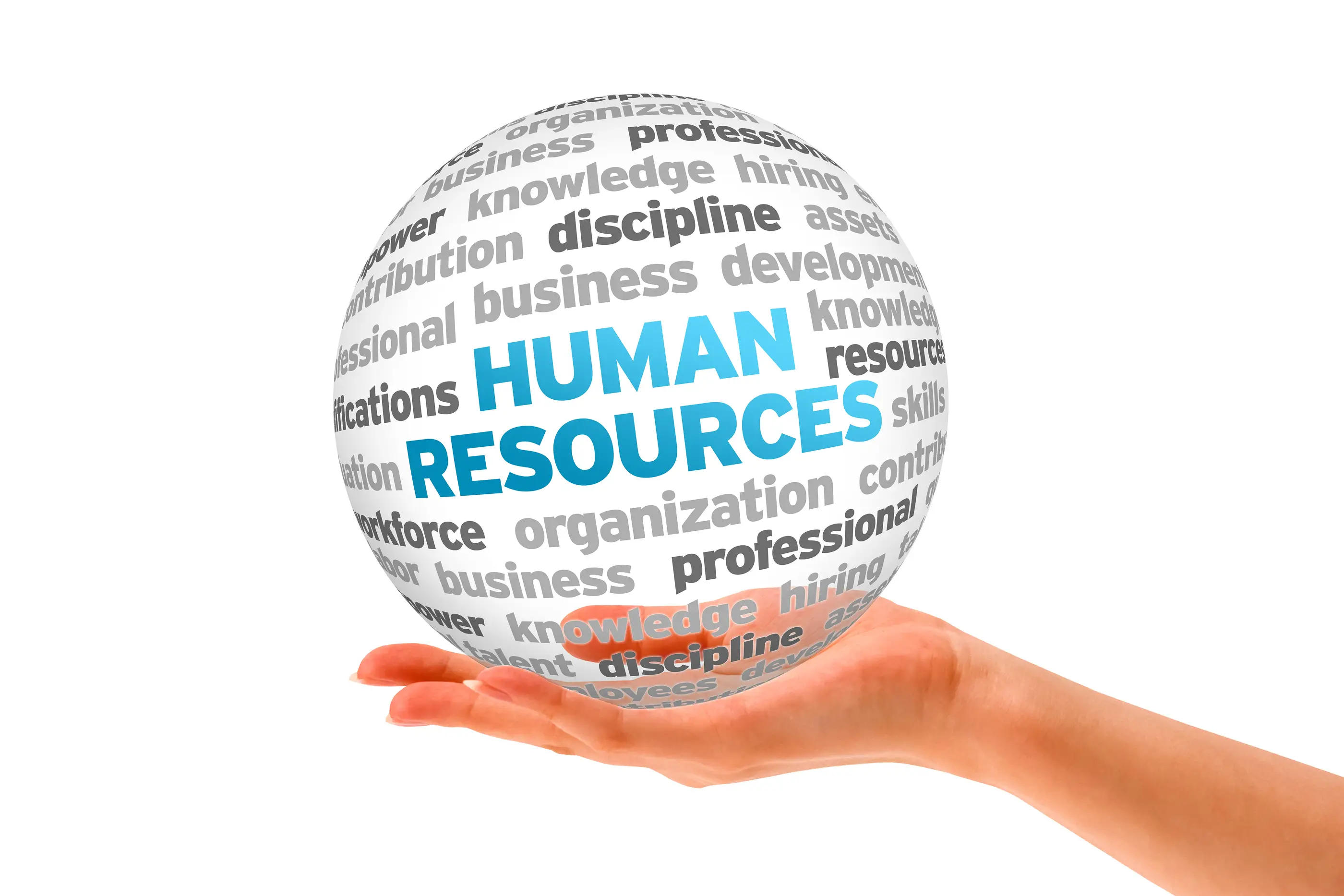
Human Resources (HR) is a pivotal function within any organization, central to managing and supporting the workforce. Its responsibilities encompass a range of activities that contribute to the effective operation of the company, including recruitment 人力資源系統, employee development, performance management, legal compliance, and fostering a positive work environment.
The recruitment process is fundamental to HR’s role. It involves identifying the organization’s staffing needs, crafting job descriptions, and attracting suitable candidates. HR utilizes various methods such as job postings, social media, and recruitment agencies to find qualified individuals. This process ensures that the organization hires individuals who not only possess the necessary skills but also align with the company’s values and culture. Effective recruitment is crucial for building a talented and capable team that drives organizational success.
Once employees are hired, onboarding becomes a critical focus. Onboarding involves integrating new hires into the organization by familiarizing them with their roles, responsibilities, and the company culture. A comprehensive onboarding program helps new employees feel welcomed and supported, which can significantly impact their productivity and retention. In addition to onboarding, ongoing training and development are essential. HR organizes various training programs, workshops, and professional development opportunities to help employees enhance their skills and advance their careers. Investing in employee development not only improves individual performance but also benefits the organization by fostering a more skilled and motivated workforce.
Performance management is another key responsibility of HR. It involves setting clear performance expectations, providing regular feedback, and conducting performance evaluations. Effective performance management helps in identifying high performers, addressing areas for improvement, and aligning individual goals with organizational objectives. Recognizing and rewarding good performance is crucial for maintaining motivation and fostering a culture of excellence. Additionally, HR plays a role in managing employee relations, addressing grievances, and resolving conflicts to ensure a positive and productive work environment.
Compliance with labor laws and regulations is a significant aspect of HR’s role. HR professionals must ensure that the organization adheres to various legal requirements, including those related to wages, working hours, health and safety, and anti-discrimination. Staying informed about changes in legislation and implementing necessary policies and procedures is crucial for avoiding legal issues and ensuring fair treatment of employees. Compliance helps protect the organization from potential legal risks and contributes to a fair and equitable workplace.
Managing employee benefits and compensation is also an important function of HR. This involves designing and administering benefits packages that may include health insurance, retirement plans, and other perks. Competitive compensation and benefits are essential for attracting and retaining top talent. HR must balance the need to offer attractive benefits with budgetary constraints, ensuring that the compensation structure is both appealing and sustainable.
Creating and maintaining a positive workplace culture is another critical responsibility for HR. This involves fostering an environment where employees feel valued, engaged, and motivated. HR initiatives such as team-building activities, employee recognition programs, and wellness initiatives contribute to a positive organizational culture. A strong workplace culture enhances job satisfaction, reduces turnover, and improves overall productivity.
Finally, HR plays a vital role in managing organizational change. Whether dealing with mergers, acquisitions, restructurings, or new technologies, HR professionals help manage the transition smoothly. This includes communicating changes effectively, providing support and training, and addressing any concerns or resistance. Effective change management helps minimize disruptions and ensures that employees are aligned with the organization’s new direction.
In summary, HR is a multifaceted function that significantly impacts an organization’s success. By managing recruitment, employee development, performance, compliance, and workplace culture, HR professionals contribute to the organization’s growth and sustainability. Their role in fostering a positive work environment and promoting diversity and inclusion is essential for building a resilient and successful workforce.
